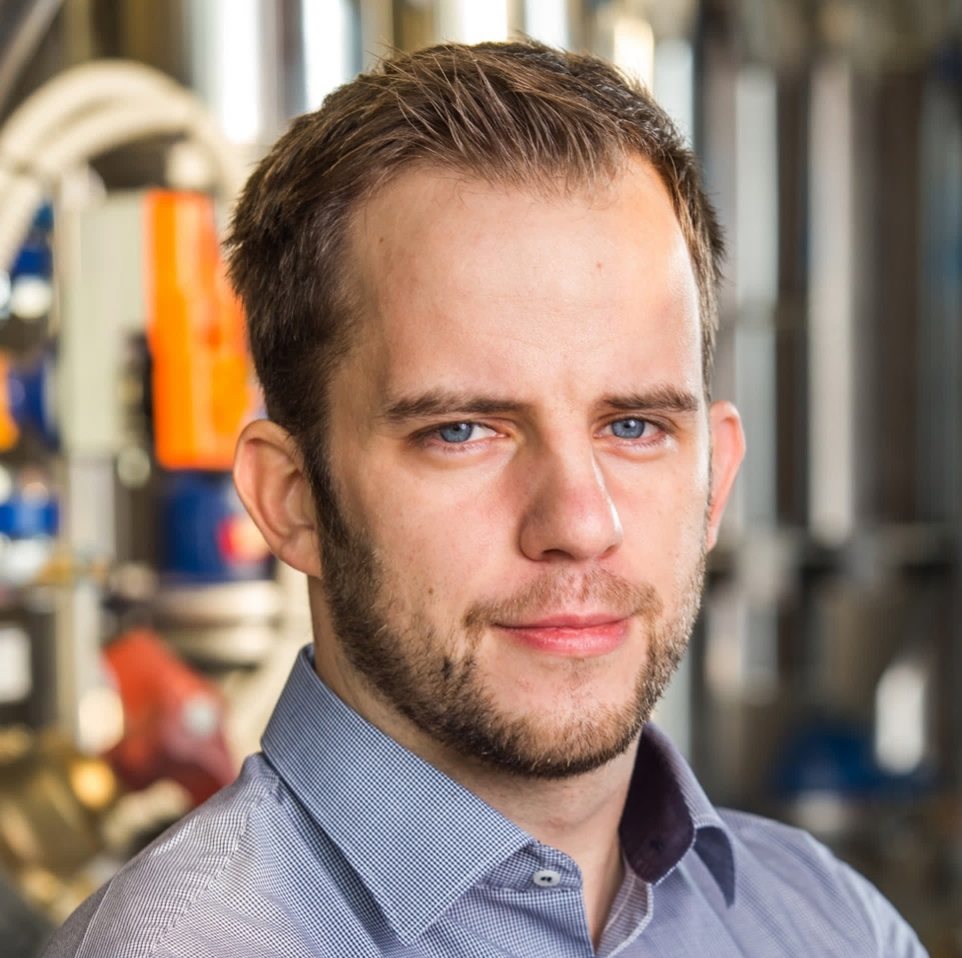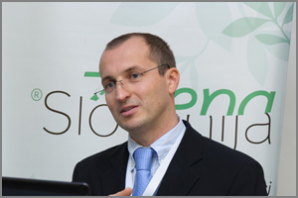Sjednica
Welcome
21/5/2024 8:30–8:40 (CET) | SL
TIMEPAC vision and motivation
21/5/2024 8:40–9:10 (CET) | SL
TIMEPAC anticipates that new indicators, in combination with real consumption data, will allow a more accurate reflection of a building's energy efficiency as they consider the actual usage patterns, unlike static or older data which might be based on assumptions or outdated usage patterns. Current practices, where building-related data are used only for single/dedicated purposes, are unsustainable and cannot result in an enhanced EPC. It is crucial to enable the interoperability between existing databases, previously developed models (like BIM or BEM), and past energy-audit reports.
Predavač:
Boris Sučić
Materijali za seminar
Data collection and verification - case study office building
21/5/2024 9:10–10:00 (CET) | EN
The data collection phase is the activity propaedeutic to the building performance analysis. During this phase, a site inspection with the involvement of the responsible for the building and building facility is necessary for collecting the building data to be elaborated for further analysis. This exercise will be aimed at showing, through a case study approach, methods for data collection and verification and site visit requirements, according to the related technical standards. A real office building will be presented and the list of input data to be collected for the overall performance assessment will be analyzed, providing tips for the data collection, for involving the participation of the building experts (e.g. building manager, facility manager), for data verification, visualization and elaboration for the subsequent performance analysis.
Predavač:
Alice Gorrino
Materijali za seminar
Pauza za kavu
21/5/2024 10:00–10:15 (CET)
Data extraction from the energy management system and other monitoring systems
21/5/2024 10:15–11:15 (CET) | SL
In many modern buildings, different monitoring and control systems are used, but the majority of them are not directly connected with energy consumption optimization. This exercise will provide an example of how to identify appropriate data that is necessary for the energy performance assessment and that can be extracted from the energy management system or any other monitoring system that is already installed in the building. Also, through this exercise participants will be acknowledged with the advanced techniques for real-time analysis of data streams. Participants will learn how to evaluate extracted data and identify potentials for energy efficiency improvements.
Predavač:
Boris Sučić
Materijali za seminar
Creating a BIM model - case study educational building
21/5/2024 11:15–12:15 (CET) | EN
This exercise will provide a set of guidelines how to use BIM modelling software to create a model of an educational building. Participants will also learn how to apply BIM modelling principles to create an accurate and detailed model of the building, including information such as building geometry, location of walls, windows, doors, mechanical and electrical systems, and other important building elements. Special emphasis will be put on extraction of relevant information from the BIM model, such as the amount of material used, the dimensions of the rooms and the technical specifications of the building systems.
Predavač:
Benjamín González
Materijali za seminar
Comparing modelled and measured energy performance with the emphasis on energy performance indicators
21/5/2024 12:15–13:15 (CET) | SL
This exercise provides examples of modelled and measured energy performance of a building with a focus on energy performance indicators and clear explanations of reasons for the performance gap. More precise methods offer opportunities to optimize energy designs and systems in new construction and renovation. For less detailed methods, the results must be treated more conservatively and be aware of the impact on the energy balance if the results are to show the real situation. The process of energy planning the renovation of two office buildings will be analyzed via two different methods and compared with actual measured energy consumption after the completed renovation works.
Predavač:
Gašper Stegnar
Materijali za seminar
Discussion and wrap-up of Day 1
21/5/2024 13:15–13:30 (CET) | SL
Druženje i lagani ručak
21/5/2024 13:30–14:30 (CET)
Introduction to national and EU legislation and goals – case study Slovenia
22/5/2024 8:30–8:40 (CET) | SL
The session provides an overview of the legislative context and requirements for the deep renovation of the European building stock, which has been included in Slovenian National Energy and Climate Plan and National Long-Term Renovation Strategy. It will also offer an overview of activities conducted in the framework of the project Concerted Action EPBD (CA EPBD). This project addresses various elements of EPBD and aims to contribute to the reduction of energy use in European buildings through the exchange of knowledge and best practices.
Predavač:
Erik Potočar
Materijali za seminar
Dynamics of EPC generation process - utilizing data collection process for optimization of energy systems and re-commissioning activities
22/5/2024 9:00–10:00 (CET) | SL
This exercise will deal with the dynamics of the EPC generation process and it provides examples of how it can be connected with re-commissioning activities. In this context, re-commissioning (Re-Co) activities are seen as elements of a quality-oriented process for achieving, verifying, and documenting whether the performance of a building’s systems and equipment still meet originally defined objectives and criteria. Participants will learn how they can utilize the data collection process to understand cause-effect relationships between various systems and how to properly interpret collected, calculated and measured data and evaluate performance. To develop an understanding of the cause-effect relationship, participants will learn how to identify potential Re-Co measures that can be applied to improve energy performance, reduce costs and improve end-user comfort.
Predavač:
Marko Pečkaj
Materijali za seminar
Pauza za kavu
22/5/2024 10:00–10:15 (CET)
Calculating smart readiness indicator and extracting potential energy and flexibility measures from collected data - case study different types of buildings belonging to the educational sector
22/5/2024 10:15–11:45 (CET) | SL
This exercise will provide examples of how to collect necessary data for the calculation of the SRI and how to further utilize that data for the extraction of potential energy and flexibility measures. An introduction to the exercise will include a short overview of the SRI methodology and the main steps of the SRI audit. The main elements of the assessment of smart-ready services (the level of smart functionality) within nine technical domains (heating, cooling, domestic hot water, ventilation, lighting, dynamic building envelope, electricity, electric vehicle charging, and monitoring and control) will be presented to the participants.
Predavač:
Boris Sučić
Materijali za seminar
Data collection and calculation of sustainability indicators - case study municipal building
22/5/2024 11:45–13:15 (CET) | SL
This exercise will explore how to apply Level(s) in the certification process of a municipal building, and participants will understand the basic concepts related to this process. Moreover, it is will include an overview of the sustainability indicators considered in Level(s) and how they can be integrated with EPCs to achieve a more comprehensive building performance assessment. By the end of the lecture, participants will be equipped with the knowledge and skills necessary to incorporate Level(s) into their certification process, thus contributing to promoting sustainable building practices.
Predavač:
Gašper Stegnar
Materijali za seminar
Discussion and wrap-up
22/5/2024 13:15–13:30 (CET) | SL
Druženje i lagani ručak
22/5/2024 13:30–14:30 (CET)





